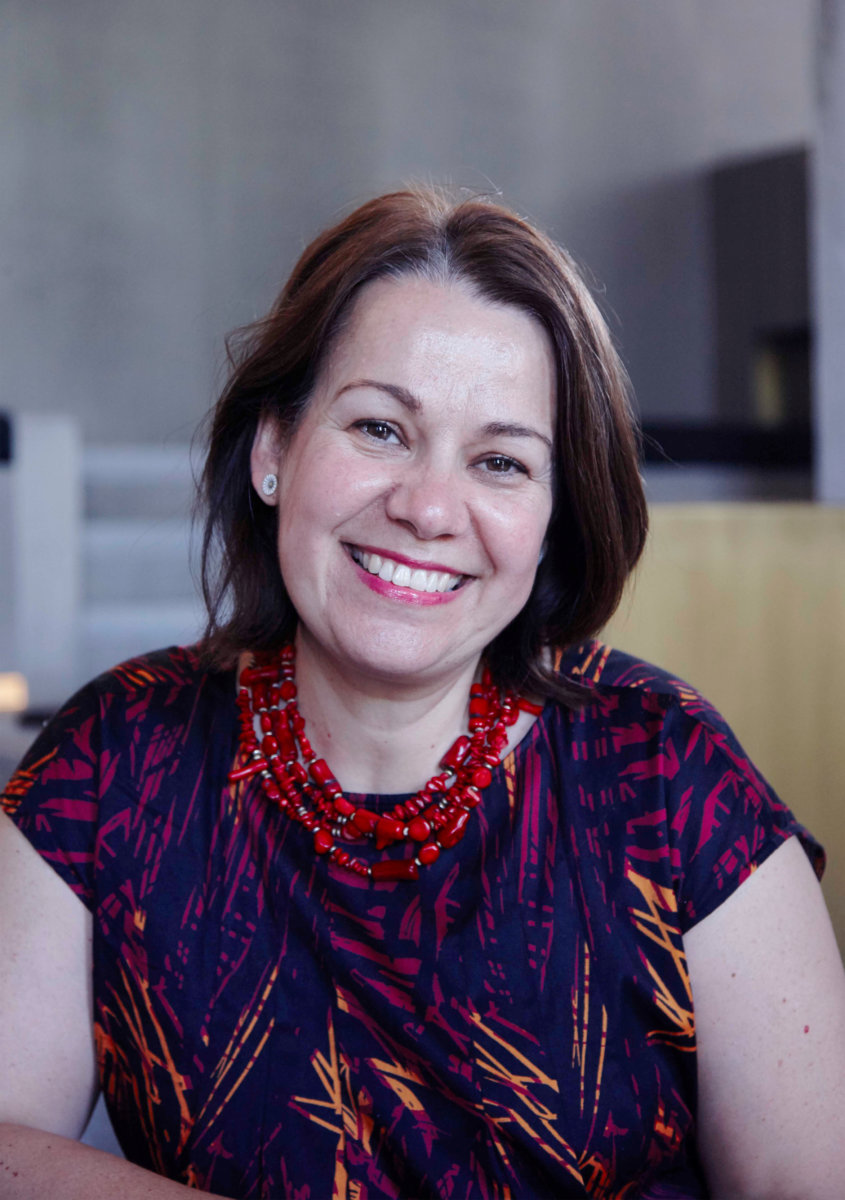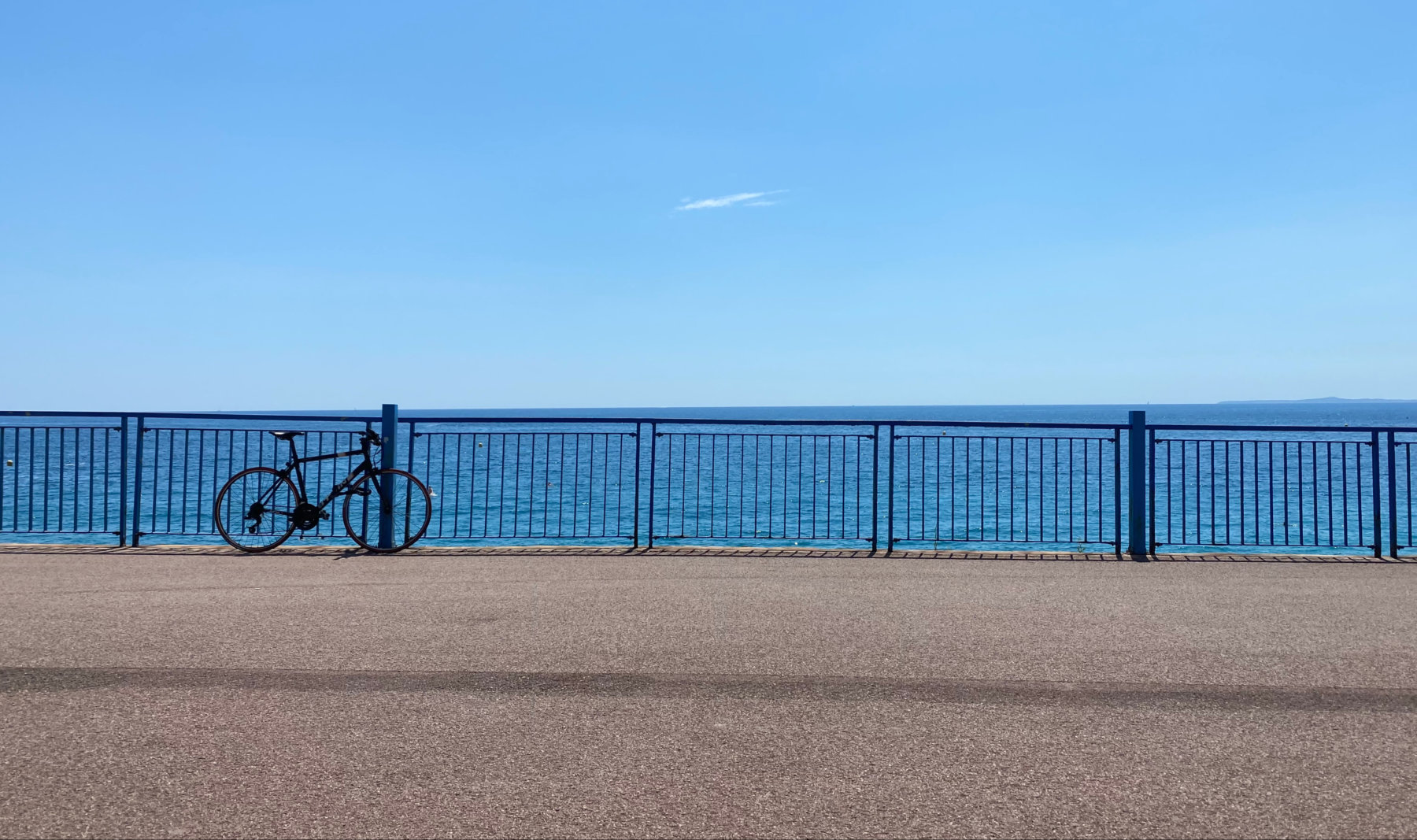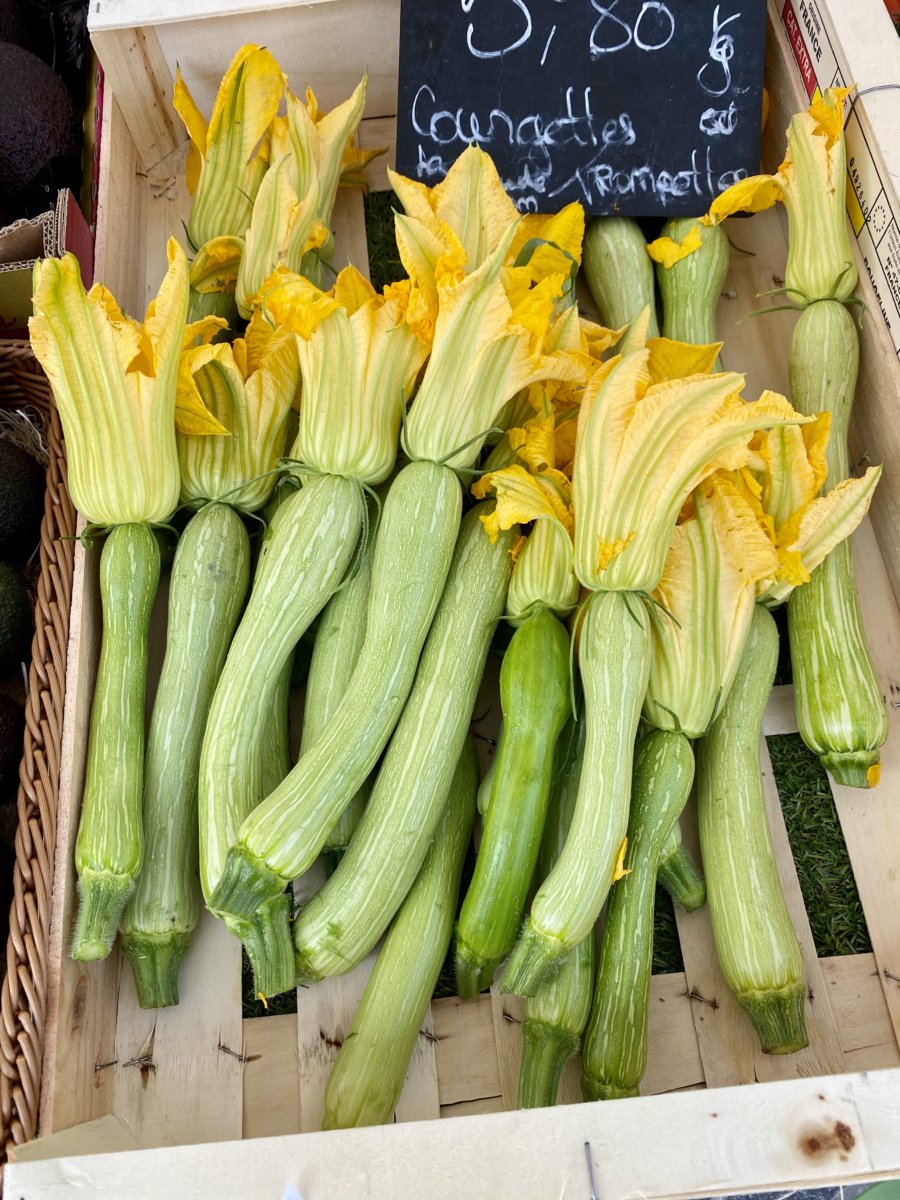Championing women’s roles in the culinary world, Maria Canabal occupies many functions. She is a Journalist, author and founder of Parabere Forum, the first and most important annual event for women in hospitality.
Maria Canabal, cooking up a future for women in hospitality
Championing women’s roles in the culinary world, Maria Canabal occupies many functions. She is a Journalist (at Nouvel Obs, Gourmet, Monocle, amongst other international media), author (Coquilles Saint-Jacques, El Celler de Can Roca: Cocinando un Tributo) and founder of Parabere Forum, the first and most important annual event for women in hospitality. After following and admiring her work for many years, especially concerning women’s rights, I had the opportunity to sit down with her in the old-town of France’s coastal city, Nice, where we chatted while sitting on an edge of a “lavoir”, where women used to do the laundry in historical times. Only Maria could choose such a location!

I don’t know anyone who has devoted so many years to women’s role in gastronomy, how did you get involved, and when did it start?
Well, actually I started as an activist for human rights in 1991. I was a law student in Toulouse and at that time, forty years ago, the Joxe circulaire came into effect: which said that students from outside of the EU had to return home, and we were very upset. We started protesting. This is how I started fighting for human rights. Of course, female rights are human rights and I have been part of the feminist movement for more or less 20 years. For me being active meant to be an active member of different associations and to create several associations myself.
In terms of gastronomy, my first article about these issues was in 2011. Honestly, I think I was the first person to write about why there were so little female chefs in haute cuisine, why there is no visibility, why they are not invited to congresses, round tables or any kind of events. Now since #MeToo it is normal to talk about this, but 10 years ago nobody was talking about it.
We have women presidents, women doctors lawyers, you name it. But when I have to name the ten best female chefs it’s a struggle. Why is that?
It’s not only our industry. It’s the same if you ask me for 10 filmmakers or directors or ten writers, there is very little visibility even if we are there. We are actually considered a minority even though we are actually the majority. I think there are many reasons but especially if we talk about female chefs it’s the same glass ceiling effect that we have in all industries. There are more women cooking than men. It’s this glass ceiling effect which means that as you go further up towards the top, there are fewer and fewer women.
It’s a tough job but we should stop saying it’s too tough. There are women working in agriculture, and this is a really tough job!
It’s interesting because with Parabere we did a survey, we asked men chefs why there are so few female chefs at the top. 90% of men said that, first: it is too tough and second: because of children. This is very interesting because this is very stereotyped. When you ask female chefs in the industry the same question, they never say “it’s too tough”, and they don’t say “it’s children”. They say we don’t get to the top because we’ve been harassed and abused and even raped, and because we don’t get paid. It’s very interesting to see these two answers which are so different. The guys are trying to justify using stereotypes, and when you listen to the women’s answers they’re totally different. It’s a tough job but we should stop saying it’s too tough. There are women working in agriculture, and this is a really tough job! There are women working in retirement homes, lifting bodies the whole day long.
Yes, it’s demanding. But it’s demanding for everyone, not only for women!. When you have a very demanding job, if you are a man, or if you are a woman and if you don’t have a partner that supports you, you can’t do it. So if you succeed, as a man or as a woman it’s because you have a partner taking care of the backstage.
Also, what do you think about the prejudice that says that there is a masculine and a feminine style of cooking?
It’s very easy as a journalist to go to a restaurant, and you know that there is a woman in the kitchen, to write it’s a delicious, feminine cuisine. But from my experience and my many years in this industry writing about food: if you put five dishes in front of me, it’s totally impossible to say which one was cooked by a man and which one was cooked by a woman. It’s not because there are flowers or very delicate aromas, no – because many men cook like this. If someone is able to take five dishes and to say which one is cooked by a woman and which one is cooked by a man, I will send them a crate of champagne. Cuisine has no gender.
If someone is able to take five dishes and to say which one is cooked by a woman and which one is cooked by a man, I will send them a crate of champagne. Cuisine has no gender.
Could you name five women chefs that come into your mind now, who you admire?
Hélène Darroze in France, the most generous person ever.
Roberta Sudbrack in Brazil, the most innovative chef in the country.
Barbara Lynch in America, simply the boss.
Margot Janse in South Africa, her foundation is about hope, hope and hope.
Viviana Varese in Italy, reinventing herself every day.
Maria Solivellas in Spain, the most obsessed chef for local produce.
We are here in beautiful Nice, in this beautiful plaza with a fresh wind blowing around us. What is life like here?

Life in Nice is very beautiful because it’s the first and foremost the Mediterranean. We are lucky that we can sit outside all the time, even in winter. It is 15 degrees and you have sun and your coffee outside in December. You shouldn’t forget that it is this light and the blue of the sea that inspired Chagall and Matisse and Klein and its famous blue. It’s a very interesting city because of the mix of Liguria and Torino. We have only been French here for 150 years. The Ligurian heritage and the old part is very beautiful, the new part from the Belle Epoque is more Torino like. Nice is a paradise for an architect because you have Baroque, Belle Epoque but you also have Art Déco, you also have Art nouveau. It’s a great place. And we eat very well!
Let’s get to that. What is the Mediterranean diet, why is it special, why is it different?
Something very important that sometimes people don’t understand is that vegetables only grow in the mediterranean climate. Where do you have this climate? In California, In the Mediterranean, and a bit in Australia. It’s special because they bring all kinds of vitamins. It’s not only about proteins coming from animal sources. Also, it’s the combination with the fish and the olive oil. Today, you find olive oils almost everywhere but they are from here. The olive tree, from the middle east.
When you eat local, you eat fresh.
It’s this combination with this good fat, the olive oil, the combination with fresh products. When you eat local, you eat fresh. This is actually now tomatoes, courgettes and melon. In winter we have the most amazing citrus. It’s very rich, diversified and it’s fresh.
What are your favourite dishes to cook and eat here?

There is something that I eat nearly every day when I am in the old Nice, the socca. I must admit I never cook it at home because professionals do it very well in huge pans, – which are totally well-worn – and baked in wooden fire ovens. For example at Chez Thérèse, they do it very well. I like it very much, and the petits farcis. And here because we are so close to Italy we have lovely aubergines and “Trumpet” courgettes that you don’t find in other places in France. It depends on what you have in the market. I eat a lot of local food, like chard, in savory and sweet recipes.
More than things I think the pandemic has changed people. Some people. More solidarity. More empathy. More respect. Less waste.
How do you think the pandemic has changed things?
More than things I think the pandemic has changed people. Some people. More solidarity. More empathy. More respect. Less waste.
How do you see the future of gastronomy?
I think we need imagination more than ever. The second wave is there. In Spain, they are locking down again, in Singapore, in Portugal, in Japan…. In many pandemics, the second wave was worse than the first one. Right now, the industry is trying to survive. I think we need a huge dose of imagination for totally reinventing ourselves.
What can we do to promote equality in gastronomy?
Balanced teams are much more respectful. There is less turn over. There is more respect, a much more calm atmosphere. The key word is balance. For the food industry to have a balance is an asset.
Well in gastronomy and everywhere it’s important. Diversity is not only for ingredients!. When you put diverse ingredients together something magic happens. When you are in a room brainstorming: you have someone from a Nordic country, you have someone from the Mediterranean, you have an Australian. All these people have read different authors and have totally different backgrounds. The result is amazing. All the studies show that diverse teams for example are 40% more creative. Balanced teams are much more respectful. There is less turnover. There is more respect, a much more calm atmosphere. The keyword is balance. For the food industry to have a balance is an asset. Let’s embrace the idea that together is better. Our industry must be inclusive. In this industry shouldn’t leave anybody behind!
